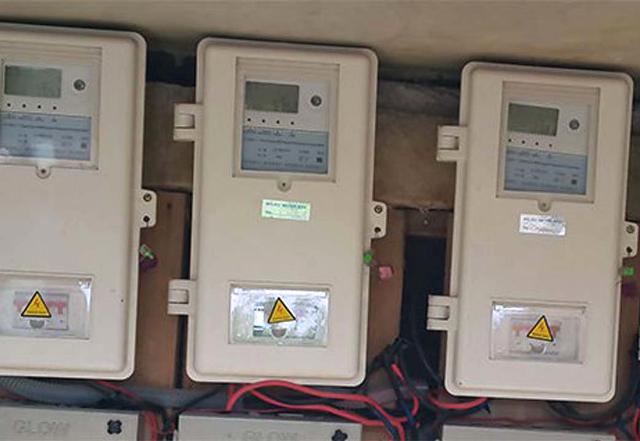The Nigerian Army’s barracks have undergone a significant transformation in their electricity infrastructure through a nationwide mass metering initiative spearheaded by the Federal Government. This initiative, launched in March 2023 by the Minister of Power, Adebayo Adelabu, aims to enhance electricity accountability, efficiency, and optimize energy consumption management within military facilities. The project, contracted to De-Haryor Global Services, has already yielded substantial results, generating over N769 million in revenue for electricity distribution companies between August 2024 and April 2025. This financial success underscores the operational effectiveness of the initiative and its potential to revolutionize energy management within public institutions. The project’s success comes amidst previous tensions between army personnel and electricity workers, highlighting a shift towards more structured and transparent energy consumption practices within the military.
The mass metering project has been implemented in phases, with Phase One nearing completion. This phase focused on installations in key military locations, including the Ikeja Cantonment in Lagos, Abakpa Cantonment in Enugu, Adekunle Fajuyi Cantonment, and select barracks in Abuja. The Chief of Army Staff, Lt. Gen. O.O. Oluyede, commended the project’s progress, noting improvements in power supply hours and positive impacts on energy management within the beneficiary barracks. This positive feedback underscores the tangible benefits of the initiative and its potential for wider application across military facilities nationwide. The Army’s satisfaction with the project’s execution has prompted discussions to expand metering to additional military facilities, further solidifying the initiative’s success and its contribution to modernizing Nigeria’s energy infrastructure.
The successful implementation of Phase One has generated significant momentum for the project. Thousands of smart meters have been installed across the targeted barracks, enhancing transparency, billing accuracy, and energy efficiency. These smart meters provide real-time data on energy consumption, allowing for better management and control of electricity usage. This data-driven approach empowers the military to identify areas for improvement and optimize energy consumption patterns, ultimately leading to cost savings and enhanced operational efficiency. The initiative’s success also demonstrates the potential of public-private partnerships in addressing critical infrastructure challenges and driving positive change within public institutions.
Despite initial financial hurdles, including delayed fund disbursements that hampered early mobilization, the project has overcome these challenges and gained considerable traction. Ashade Olatunbosun, CEO of De-Haryor Global Services, acknowledged the initial financial constraints but highlighted the project’s subsequent progress. The successful navigation of these challenges underscores the commitment of both the government and the contractor to the project’s success. The collaborative effort between the Federal Government, the Nigerian Army, and De-Haryor Global Services has been instrumental in overcoming the initial obstacles and ensuring the project’s successful implementation.
The mass metering initiative aligns with broader national efforts to address power deficits in critical sectors while promoting fiscal discipline through advanced metering solutions. By implementing smart metering technology, the project fosters accountability and transparency in electricity consumption, reducing wastage and optimizing resource allocation. This contributes to the overall improvement of Nigeria’s energy infrastructure and promotes sustainable energy practices. Furthermore, the project serves as a model for other public institutions to adopt similar strategies, demonstrating the potential for technology-driven solutions to address critical infrastructure challenges.
The success of the mass metering initiative in army barracks signifies a significant step towards modernizing Nigeria’s energy infrastructure within the public sector. The project’s positive outcomes, including increased revenue generation, improved power supply, and enhanced energy management, demonstrate the effectiveness of the initiative. The project’s success also highlights the potential for similar initiatives to be implemented in other public institutions, paving the way for a more sustainable and efficient energy future for Nigeria. Furthermore, the project showcases the importance of collaboration between government, private sector, and public institutions in addressing critical infrastructure challenges and driving positive change.














